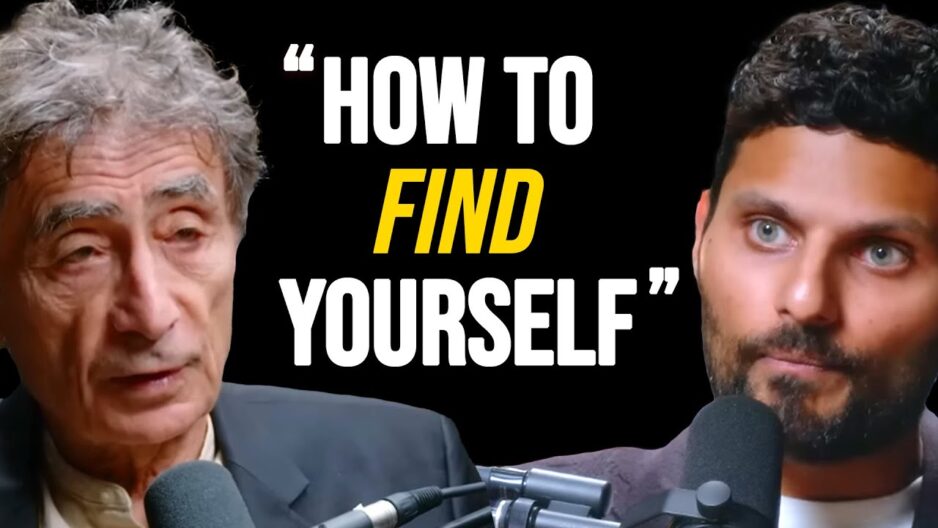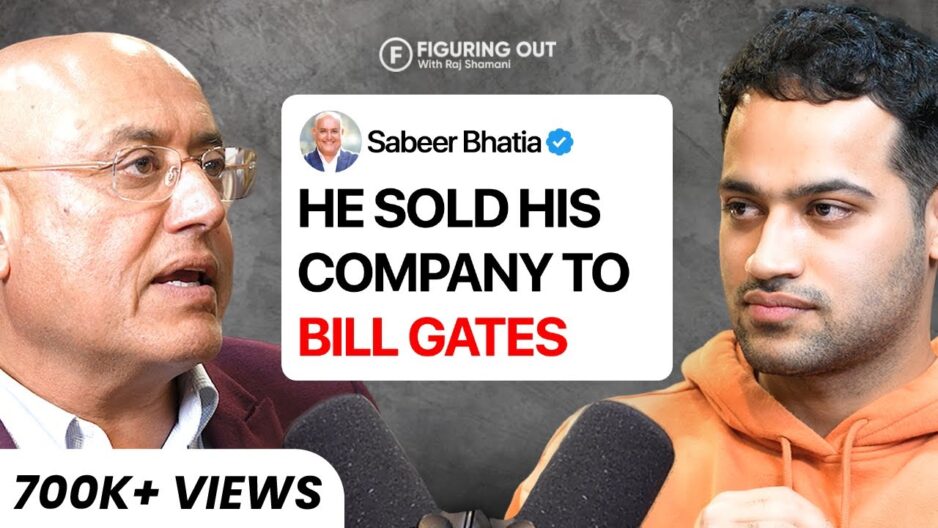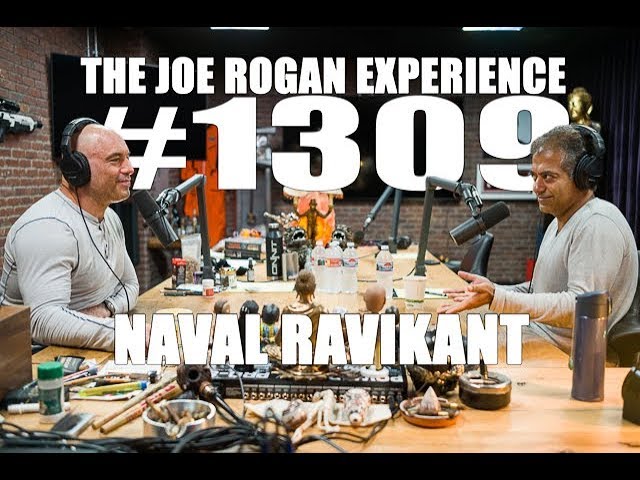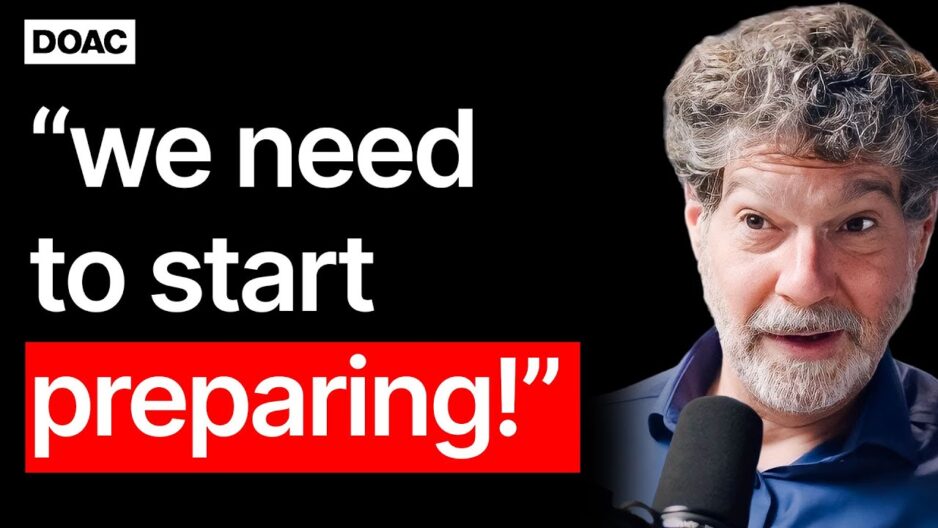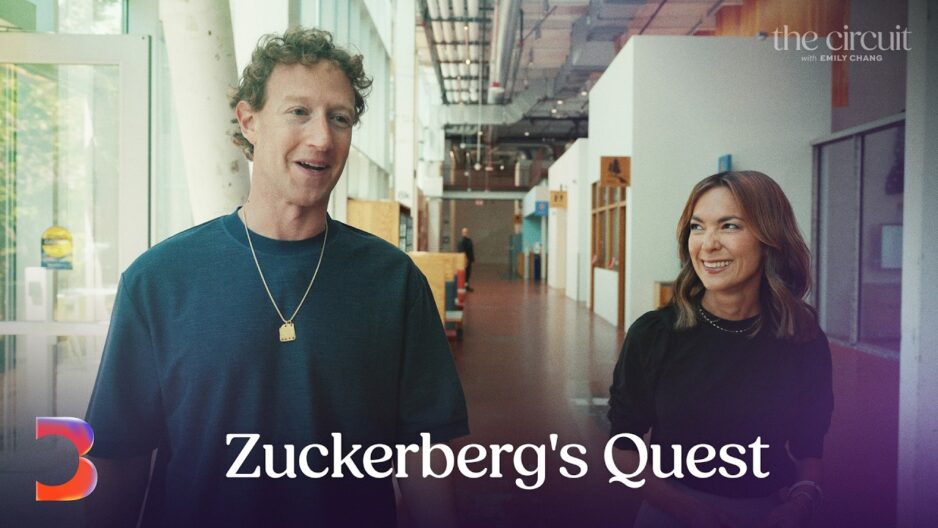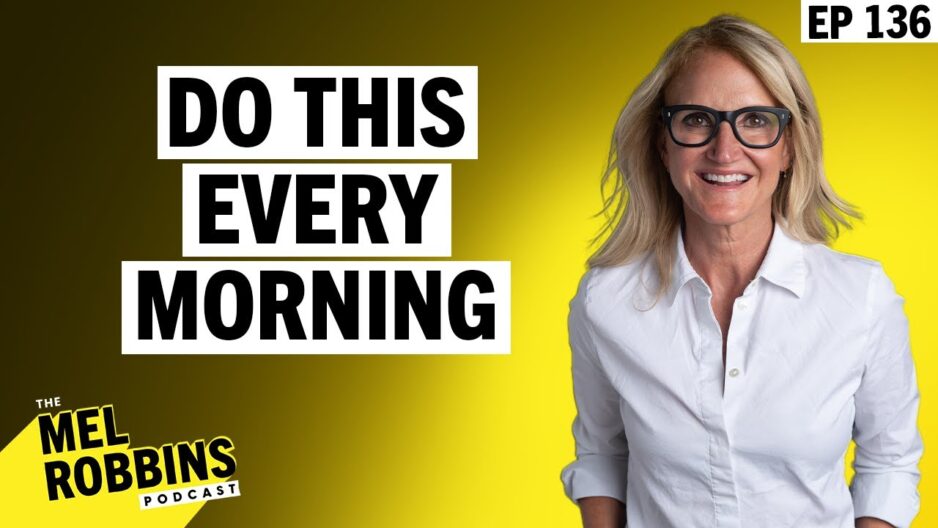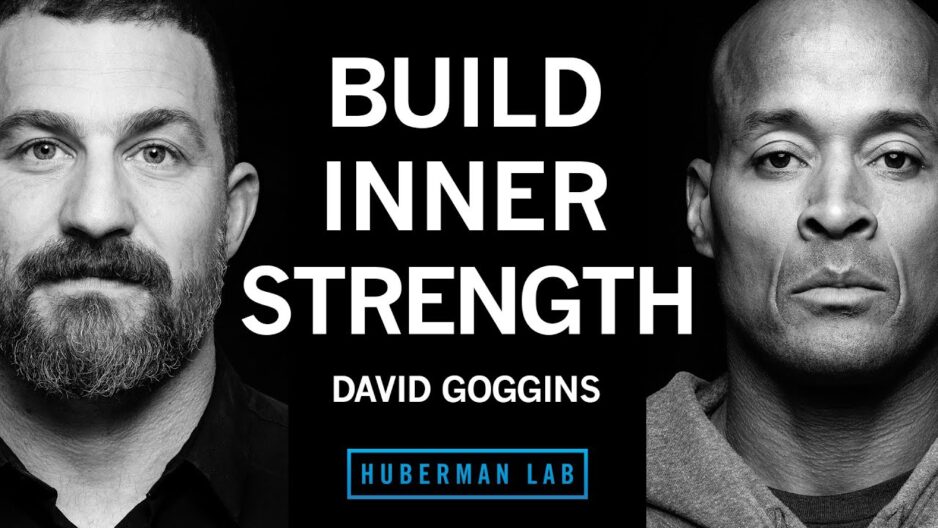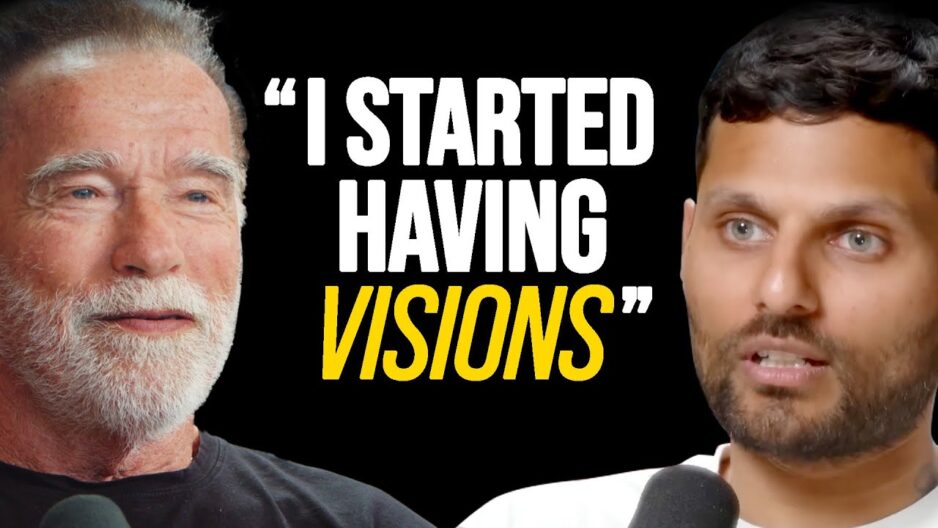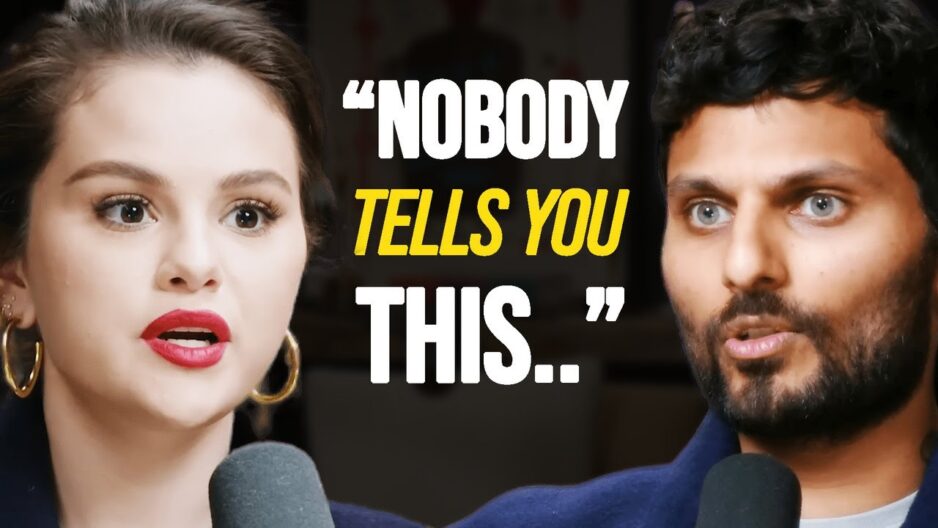Dr. Gabor Maté shares his expertise on trauma, stress, childhood development, and emotional distress. He defines trauma as a wound that hasn’t fully healed and emphasizes that time alone doesn’t heal emotional wounds. Dr. Maté highlights the importance of vulnerability, grief, and childhood experiences in shaping emotional health. He discusses societal expectations, the limitations of identification with others, and the uniqueness of individual childhood experiences.
Educatekaro discovered these Key Points:
- Trauma is a lingering wound: Trauma is not just an event, but a wound that can be triggered at any point in life.
- Time doesn’t heal emotional wounds: Healing requires acknowledgment, support, and self-reflection.
- Vulnerability is innate: Humans are born vulnerable, and early experiences shape emotional health.
- Societal expectations can harm: Unrealistic standards can lead to emotional distress and disconnection.
- Grief is essential: Processing grief is crucial for emotional well-being.
- Childhood experiences are unique: Even siblings can have vastly different childhood experiences.
- Loneliness vs. being alone: Being alone can be beneficial, while loneliness can be harmful.
- Human nature seeks connection: Humans are wired for connection, love, and understanding.
- Suffering must be acknowledged: Ignoring suffering can perpetuate trauma.
- Healing requires self-reflection: Closure and moving forward require introspection and support.

